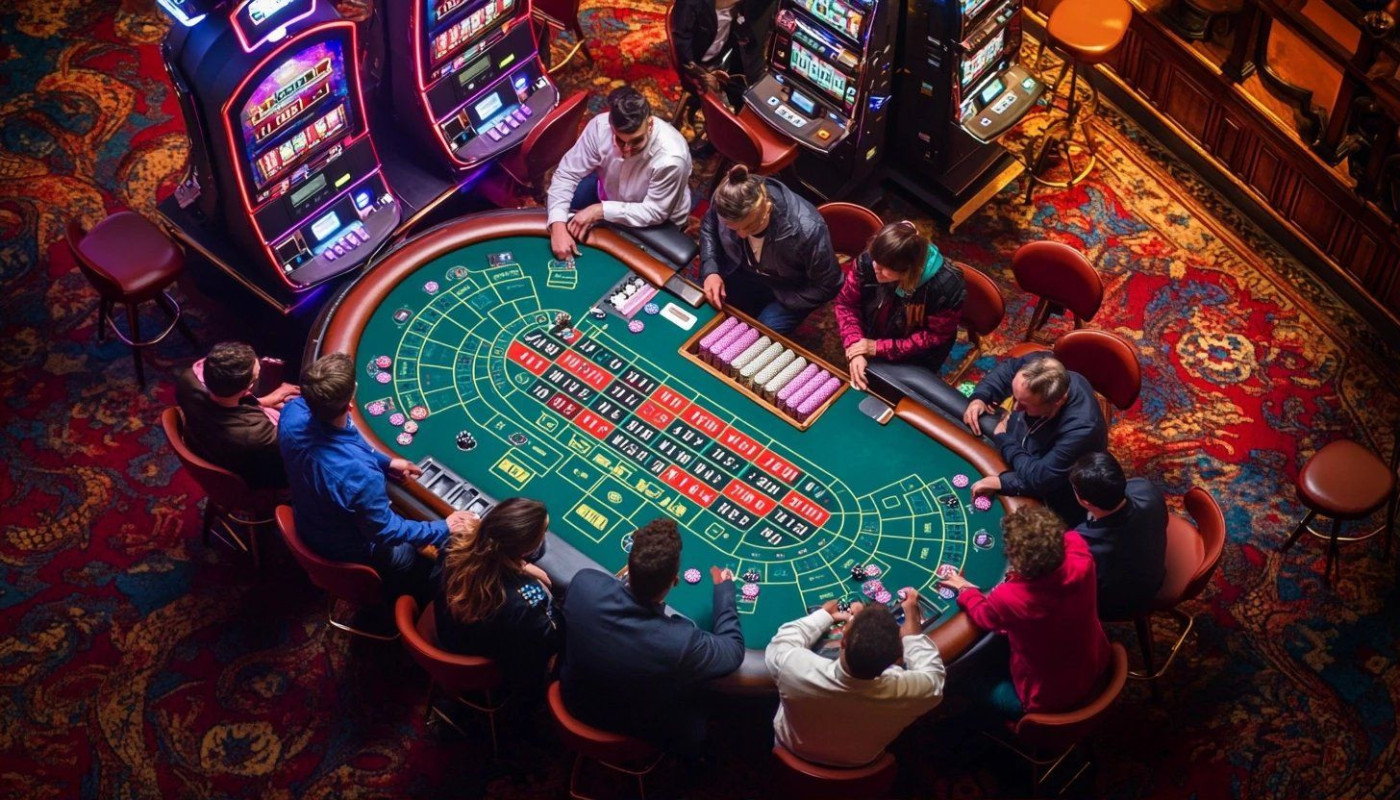Table of contents
The world of high-stakes betting is often glamourized and shrouded in mystery, offering a thrill that few dare to indulge. Yet beyond the allure lies an intricate psychological landscape. The act of wagering substantial amounts can trigger complex emotions and behaviors that reach far into our inherent human nature. Indeed, understanding these implications not only offers an intriguing perspective on this pastime but also uncovers deeper insights about ourselves as decision-makers and risk-takers. This article aims to dissect the psychology behind high-stake bets, exploring how such significant risks influence our thoughts, feelings, and actions.
The Thrill Factor: Understanding Risk-Taking Behavior
People often wonder why individuals engage in high-stake betting, given its potential for severe financial risks. The answer readily lies in the thrill-seeking behavior that is often linked with the adrenaline rush that comes with such high-risk ventures. This risk-taking behavior is not just about the possibility of winning big, but also about the rush of excitement that accompanies the very act of gambling.
Neuroscience provides insights into the physiological processes that occur during a high-stake bet. When individuals place a bet, their bodies respond by releasing adrenaline, a hormone associated with the 'fight or flight' response. This adrenaline rush heightens senses and increases alertness, giving the gambler a thrilling sense of living 'on the edge'. This feeling can be addictive, leading some individuals to continually seek out high-stake betting opportunities.
Personality traits also play a significant role in predisposing certain individuals towards high-stake betting. For instance, those with a high degree of impulsivity or sensation-seeking tendencies may find the allure of high-stake betting particularly appealing. They are often more prone to gamble larger sums than others might deem comfortable or sensible, drawn by the thrill of the unknown and the potential for a significant payoff.
In short, high-stake betting, the resultant adrenaline rush, and the associated risk-taking behavior all interlink in a complex web driven by both physiological factors and personality traits. Understanding these factors can provide valuable insight into the psychology of gambling and risk-taking behavior.
High-Stakes Betting's Impact on Decision Making Process
The thrill and anticipation surrounding high-stakes betting can have a profound influence on an individual's decision-making skills. Under such immense pressure, cognitive biases often come into play, compromising the ability to make objective, rational choices. One of the key cognitive biases that may surface in this scenario is an overconfidence bias. This bias can severely cloud an individual's judgement, prompting them to make overly optimistic predictions about the outcome of their bet.
Consider, for instance, the real-life example of a seasoned poker player. Enticed by the potential return of a significantly large wager, they might overlook the formidable odds stacked against them. This is a demonstration of the overconfidence bias in action, as the player overestimates their own skills and underestimates the element of chance inherent in the game. This effect is further amplified when under the intense pressure of a high-stakes setting.
Understanding the psychology behind these phenomena can be critical. It can provide valuable insights into the complex dynamics of decision-making under pressure and the potentially irrational behaviours triggered by high-stakes betting.
Emotional Rollercoaster: The Psychological Aftermath of Losses & Wins
High-stake bets invariably set off a chain of emotional consequences, the effects of which can be far-reaching and long-lasting. On one hand, the elation experienced through massive wins can trigger what is known in clinical psychology as 'positive reinforcement'. This phenomenon can lead to addictive behaviours, as the brain begins to associate the act of gambling with feelings of joy and excitement. In contrast, severe losses can induce acute stress and, in severe cases, plunge individuals into the clutches of depression.
This dichotomy underlines the 'emotional rollercoaster' that comes with high-stake betting - the highs can be incredibly exhilarating, while the lows can be distressingly low. The continuous interplay between these emotional extremes can pave the way to more serious psychological issues, highlighting the importance of adopting responsible gaming practices.
Responsible gaming refers to the adoption of certain measures and strategies to ensure that gambling remains a recreational activity, rather than a source of distress or financial ruin. It is, therefore, of utmost importance that gamers understand and respect the potential emotional and psychological impacts related to high-stake bets, enabling them to engage in such activities with a well-informed perspective and sufficient precaution.
























